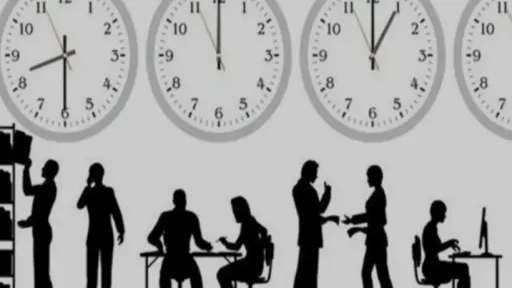Greece tops EU in long working hours, Eurostat report shows

Greece has recorded the highest percentage of long-hour workers in the European Union, according to new data released by Eurostat for the second quarter of 2025. The report reveals that 20.9% of Greek employees aged 20 to 64 work more than 45 hours per week, combining their primary and any secondary employment — nearly double the EU average of 10.8%.
The figures place Greece at the top of the EU for extended working hours, followed by Cyprus at 16.6% and Malta at 14.6%. At the opposite end of the scale, the lowest rates of long working hours were recorded in Bulgaria (2.5%), Latvia (4.1%), and Romania (5.9%).
Work hour patterns across the EU
The majority of EU workers — 72.3% — put in between 20 and 44 hours per week, according to the report. Countries with the highest share in this standard range include Bulgaria (92.8%), Romania (90.6%), and Latvia (86.9%).
Meanwhile, 16.9% of EU employees work 19 hours or fewer each week, a category dominated by the Netherlands (26.8%), Denmark (25.5%), and Austria (25.3%). The fewest part-time workers were found in Romania (3.5%), Bulgaria (4.6%), and Greece (6.1%).
Stark disparities in labor practices
The Eurostat data highlights stark differences in labor patterns across the EU, reflecting diverse economic structures, labor laws, and work cultures. While northern and western European countries show higher levels of part-time employment and work-life balance, southern and eastern states — particularly Greece — continue to exhibit longer working weeks, raising concerns about worker fatigue, productivity, and quality of life.
Labor experts suggest that the high rate of long working hours in Greece may be linked to economic insecurity, underemployment, and gaps in labor protections, especially in certain sectors like tourism, retail, and small-scale self-employment.
As the EU continues to push for policies promoting work-life balance, fair labor standards, and mental health in the workplace, Greece’s figures may further fuel debate over labor reforms and the long-term sustainability of current work patterns.







